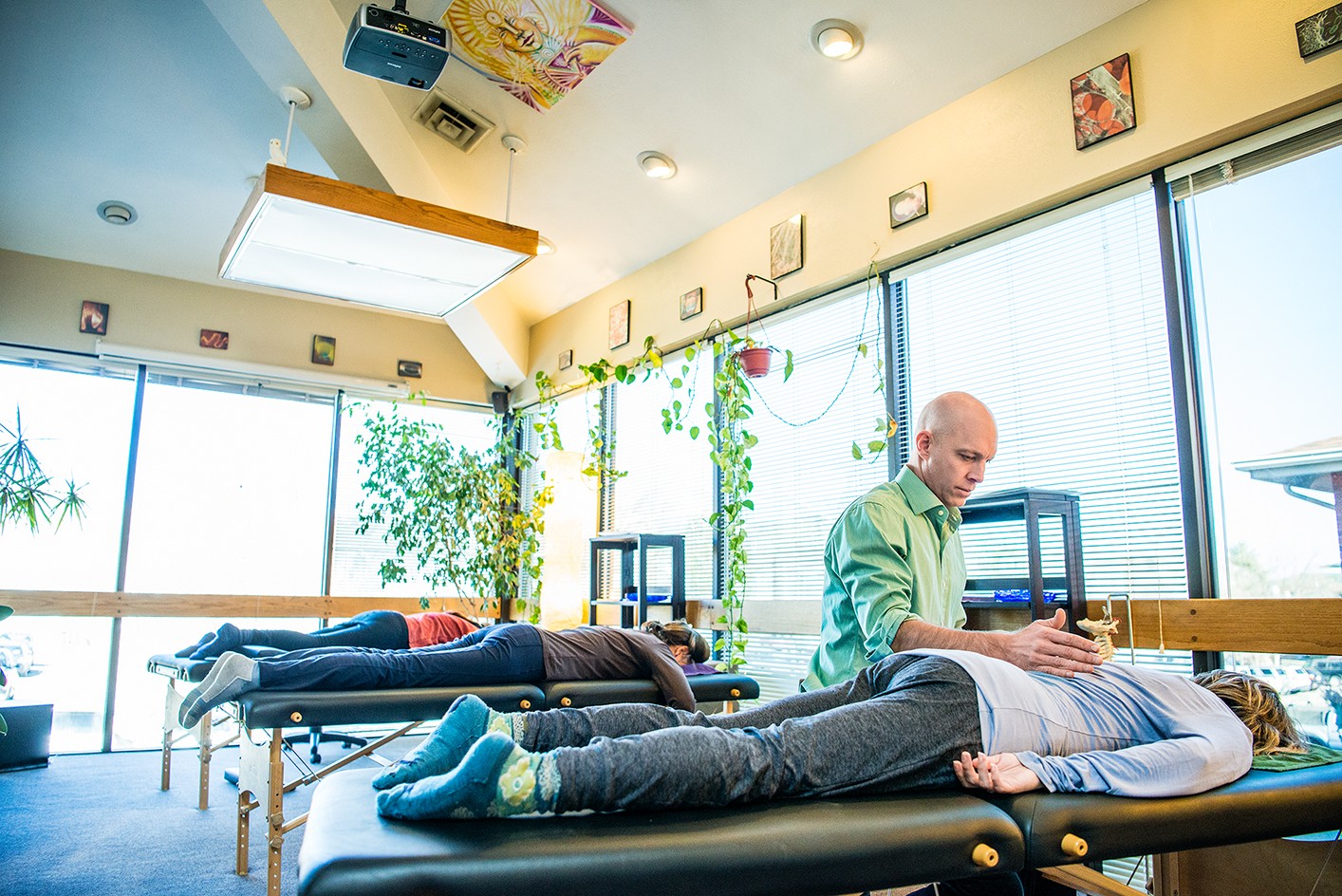Jay Uecker shared their story and experiences with us recently and you can find our conversation below.
Hi Jay, thank you so much for joining us today. We’re thrilled to learn more about your journey, values and what you are currently working on. Let’s start with an ice breaker: What are you being called to do now, that you may have been afraid of before?
Lately, I’ve been feeling called to create a community or collective of healing practitioners in my area—people who are doing deep work in the world, and who are ready to express themselves more fully and authentically, both in their healing practice and in how they show up publicly.
This is new territory for me. I want to support these practitioners not only in embodying their soul’s essence through the kind of somatic integration work I do, but also in getting more exposure online. I see myself interviewing them—creating long-form video content that can be turned into SEO-optimized blog posts, podcasts, and short-form videos for social media. I want to help them become visible so that when someone’s searching for them, or for the work they do, they actually show up. I want to teach them what I’ve learned about SEO, about video, about AI—and help them grow not just in their visibility but in their confidence and impact.
The truth is, I still feel fear around it. This call is stretching me. But the sense of rightness and resonance is stronger than the fear, and that’s what I’m choosing to follow.
Can you briefly introduce yourself and share what makes you or your brand unique?
Hi, I’m Dr. Jay Uecker. I’m a chiropractor and the founder of the BioSoul Integration Center in Louisville, Colorado. My work is about helping people integrate the parts of themselves they’ve had to leave behind—especially the parts that got shut down early in life in response to disconnection or pain. I guide people through a process that allows the nervous system to unwind old survival patterns so their soul can land more fully in the body, and their life can begin to flow with more purpose, clarity, and wholeness.
What makes my work unique is that it bridges both body and soul. I combine subtle, energy-based chiropractic work with intuitive somatic guidance to help clients not just feel better, but become more deeply themselves. I don’t believe life is random—I believe symptoms and challenges arise as invitations from life itself, urging us to integrate the wisdom of our disowned parts.
In addition to my in-person practice, I work with people online through one-on-one energetic coaching sessions and a self-paced course that helps clients begin the journey of embodiment from anywhere in the world. I’ve also written several books—including If It Didn’t Hurt, Feel It To Heal It, and The Heart of Entrainment—all of which explore the intersection of pain, purpose, and personal transformation. These resources are meant to support people on the path of integrating their inner experience and awakening to their deeper nature.
Thanks for sharing that. Would love to go back in time and hear about how your past might have impacted who you are today. What was your earliest memory of feeling powerful?
One of my earliest memories of feeling powerful was in 4th or 5th grade. A local grocery store was holding a Halloween coloring contest—you had to decorate one of their paper bags with a Halloween scene, and the winner would get a brand-new BMX bike. I remember looking at the examples that had already been turned in and instantly thinking, *”I got this.”* I *knew* I was going to win—before I even started. So I went home, drew my design, and submitted it, acting from that place of inner certainty. And sure enough, I did win.
What was powerful wasn’t just the outcome—it was the experience of *knowing* I would succeed and taking action from that place. It planted a seed in me: that I could shape the world around me through vision, belief, and aligned action.
What have been the defining wounds of your life—and how have you healed them?
I grew up on a farm in Nebraska in a conservative Christian household. That upbringing instilled in me the value of hard work, which has served me in many ways. But alongside that was a deeper imprint: the belief that if you’re not working, you’re worthless. Where I’m from, rest, relaxation, and play weren’t really valued. The message was clear—your worth comes from doing, producing, and pushing forward.
That pattern has helped me accomplish a lot, but at 50, I can feel the cost of always pushing against life. I’m just beginning to crack open that wound and explore what it means to live in balance—to allow rest and joy to matter as much as effort and achievement. I haven’t healed it entirely, but I’m on the path.
Religion was another defining influence. I attended a private Lutheran school and was told exactly who and what God was, how to stay in right relationship with Him, and how easily I could fall out of it. That kind of framework taught me that my worth was conditional—tied to getting it all “right.” It’s a stressful way to live, always afraid that one wrong move could mean separation from God.
While I’m still healing from that early programming, I’ve been fortunate to have moments of deep, direct connection—times when I’ve felt the part of me that is God. Those experiences have unraveled a lot of the old conditioning. I’m much freer than I was, though I see now that it’s a lifelong journey—one of realizing a truth that can’t be grasped by the mind, in a world where we’re so bound by our minds.
Next, maybe we can discuss some of your foundational philosophies and views? Is the public version of you the real you?
I’m sure I wear masks like anyone does—it’s part of being human. But one of my highest values is authenticity. I try to keep the playing field as level as possible between myself and the people I interact with, especially my clients. There’s always a power dynamic in healing work, and it’s easy for people to project onto me that I’ve got everything figured out.
The truth is, I’ve figured out a few things—but I’m human, just like they are. I try to be open about that, because when I show up as a real person—with flaws, doubts, and all—it gives others permission to be more compassionate with themselves. And that’s what healing is really about: transforming our relationship with ourselves.
I know not everyone resonates with that. Some people are turned off because I’m not polished enough. But I think that discomfort often comes from their own fear of being seen in their imperfections. And in my experience, the places we most want to hide are often the doorways to our greatest growth.
Before we go, we’d love to hear your thoughts on some longer-run, legacy type questions. What do you think people will most misunderstand about your legacy?
People might think I was trying to fix something or make pain go away. But if anything, it was the need to fix—the compulsion to escape or get rid of pain—that I was trying to alleviate. My work was never about eliminating discomfort, but about helping people relate to it differently, so they could live from a place of wholeness rather than resistance.
Contact Info:
- Website: https://www.biosoulintegration.com/
- Instagram: https://www.instagram.com/biosoulintegrationcenter/
- Linkedin: https://www.linkedin.com/in/biosoulintegration/
- Twitter: https://x.com/biosoulcenter
- Facebook: https://www.facebook.com/biosoulintegration
- Youtube: https://www.youtube.com/@BioSoulIntegrationCenter
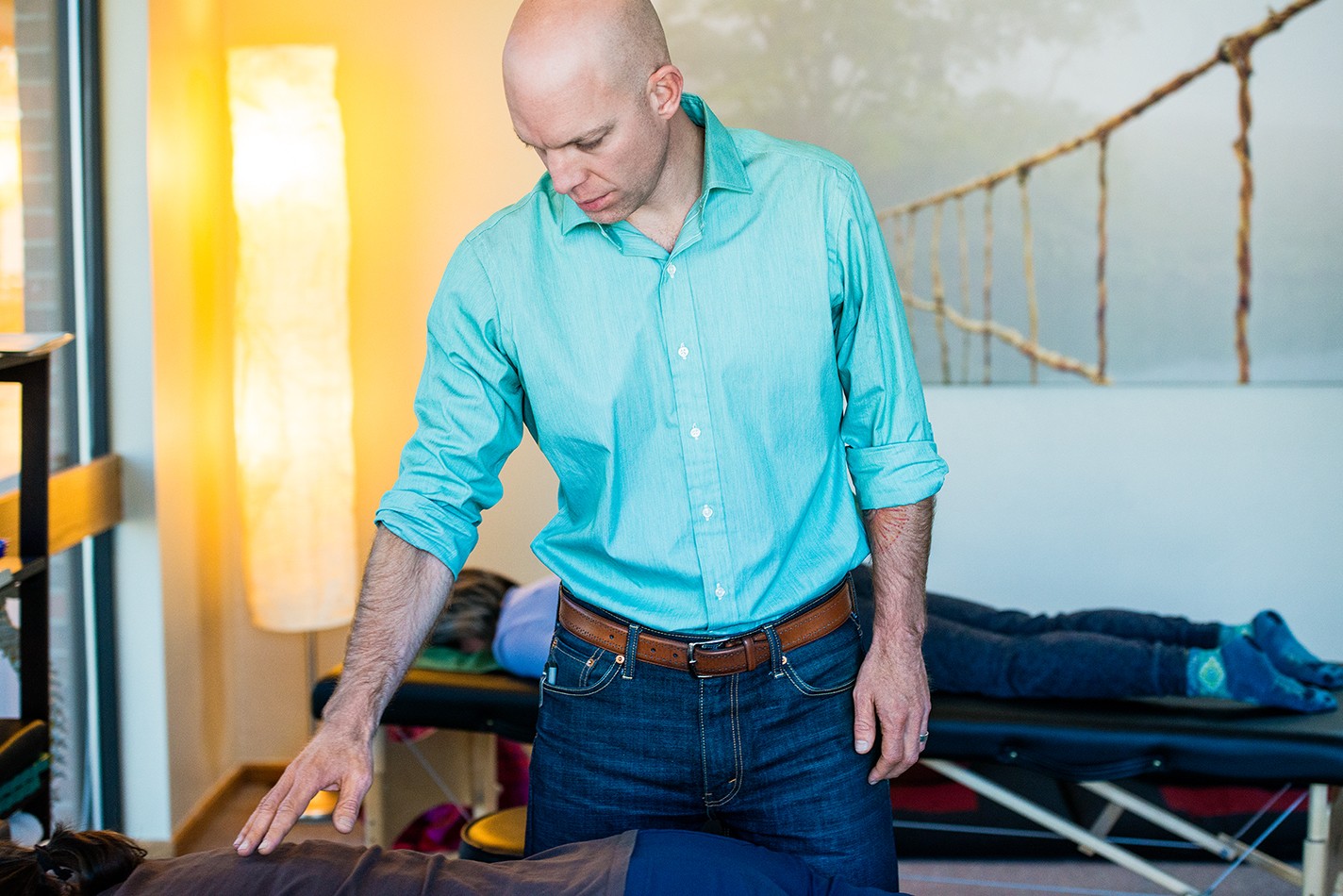
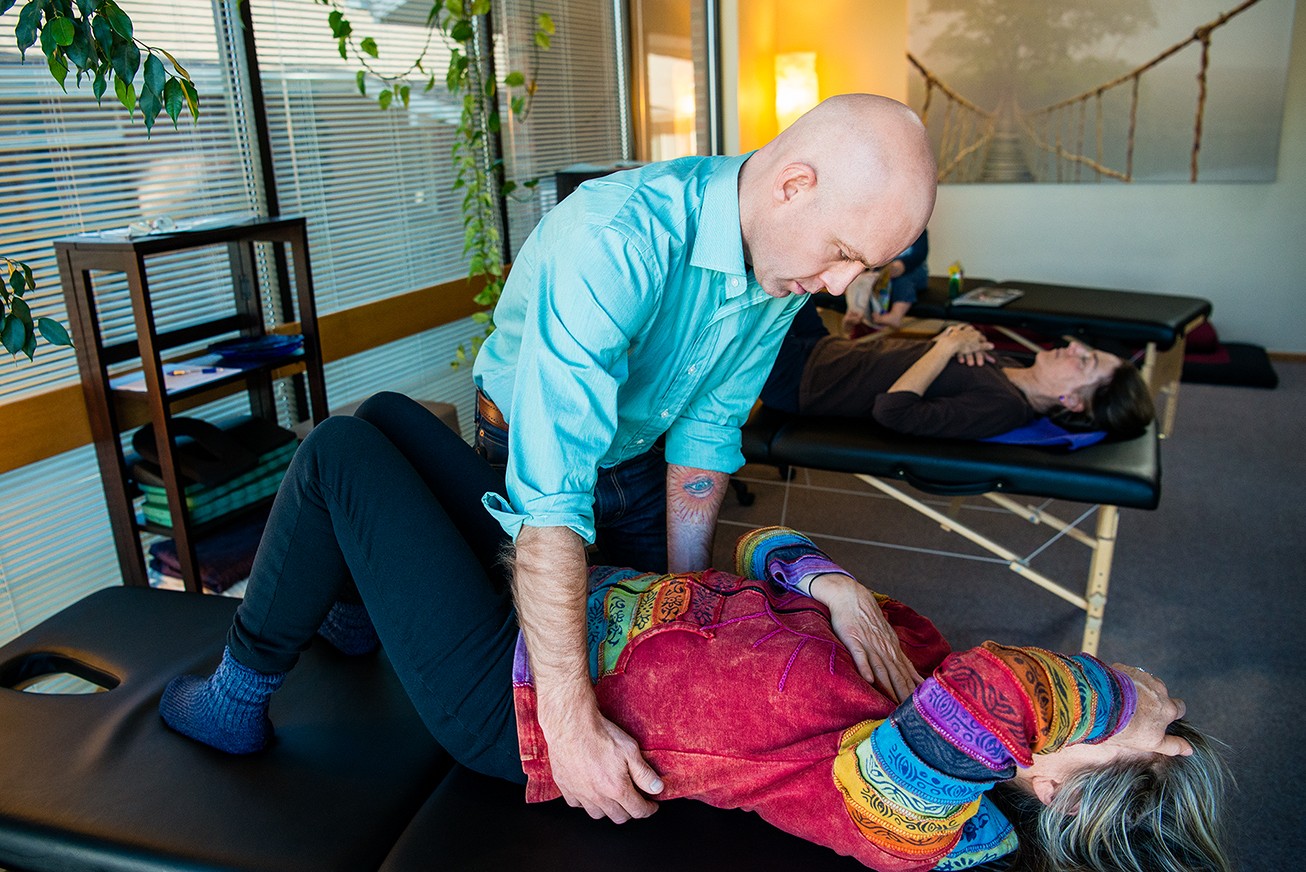
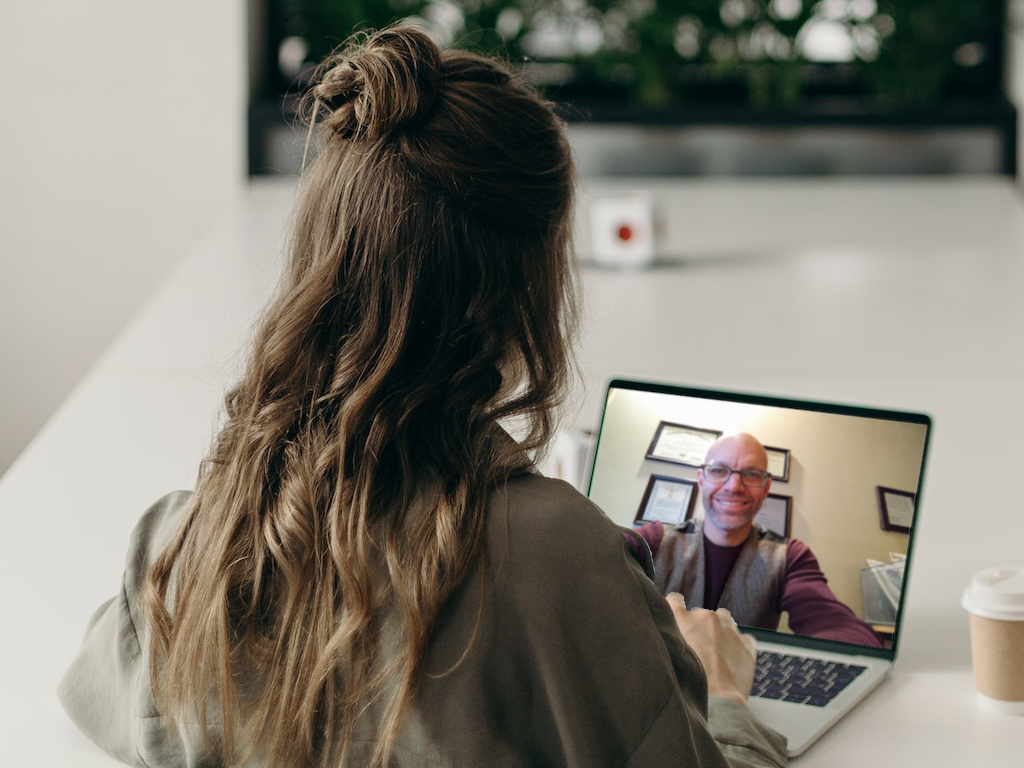
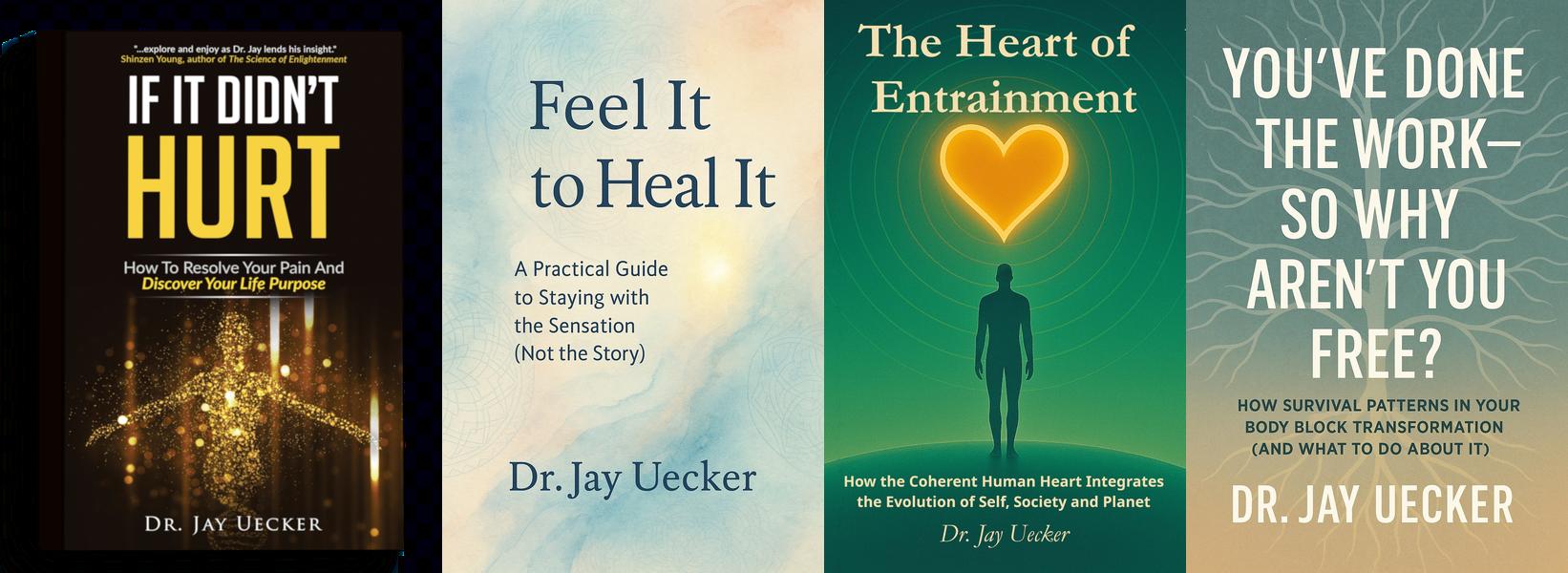
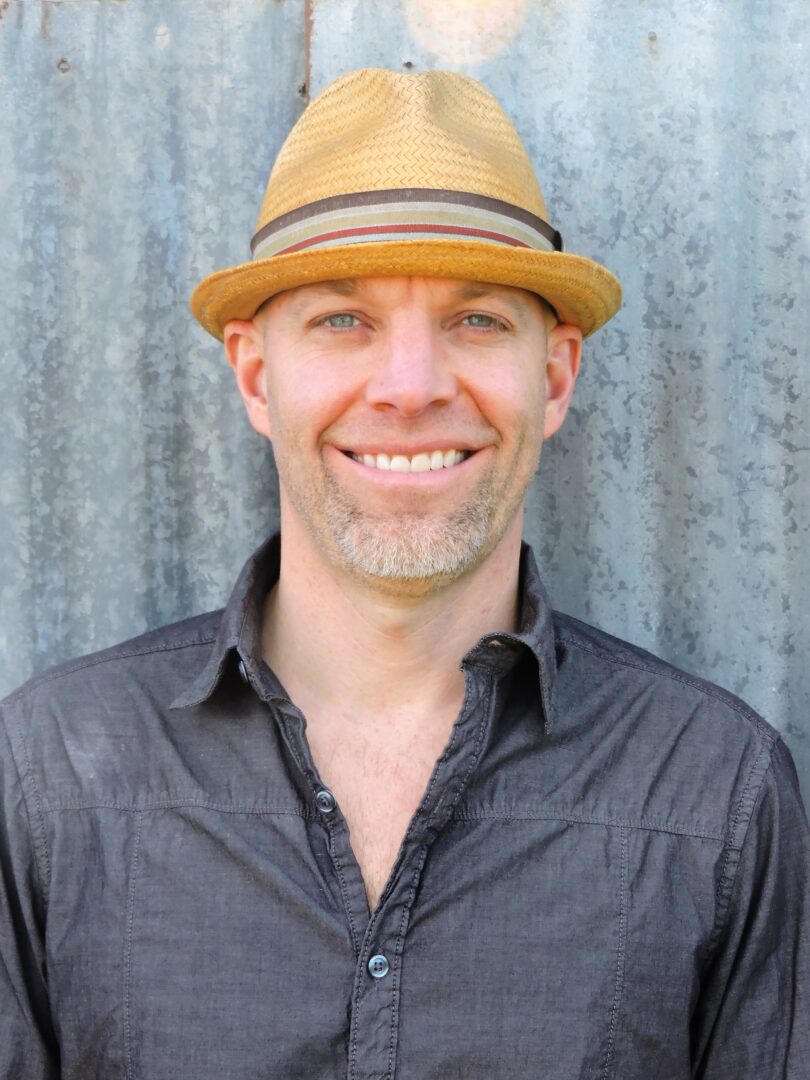
Image Credits
Jay Uecker
so if you or someone you know deserves recognition please let us know here.

